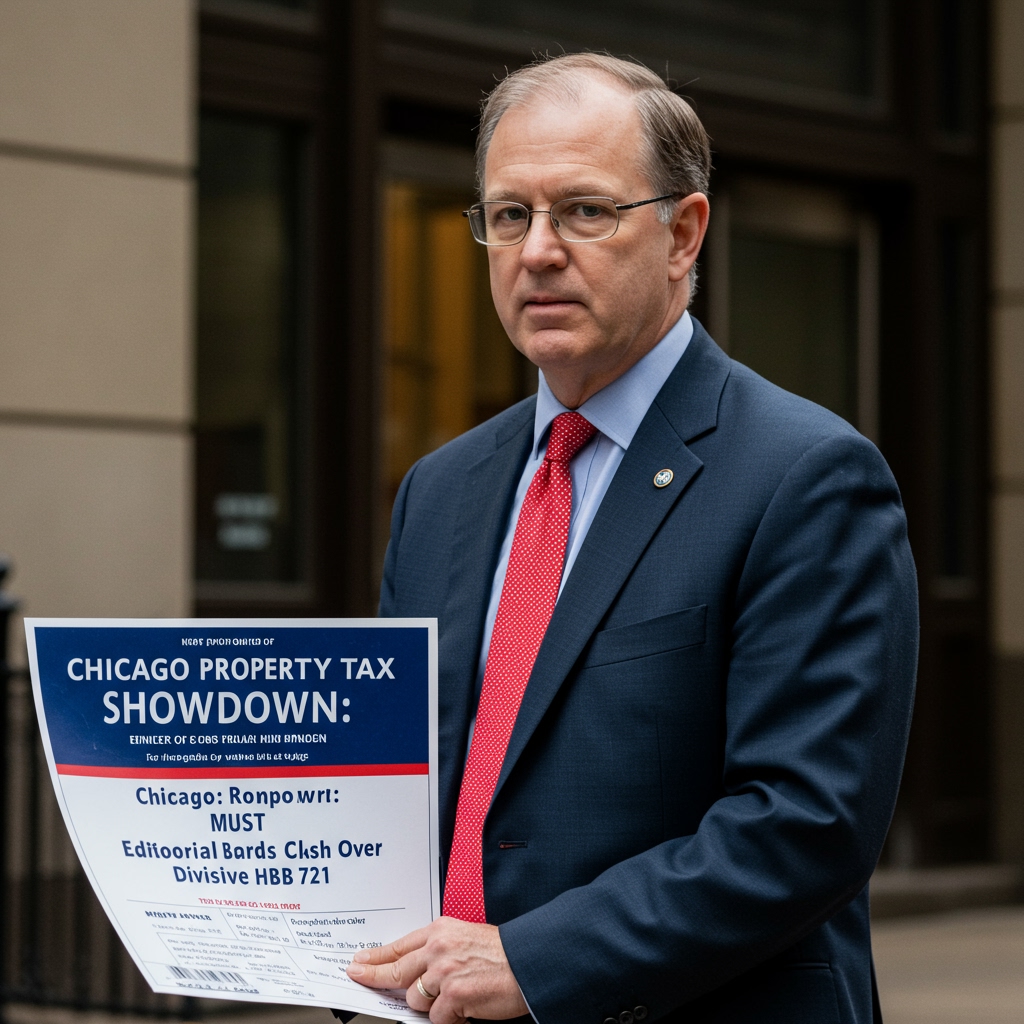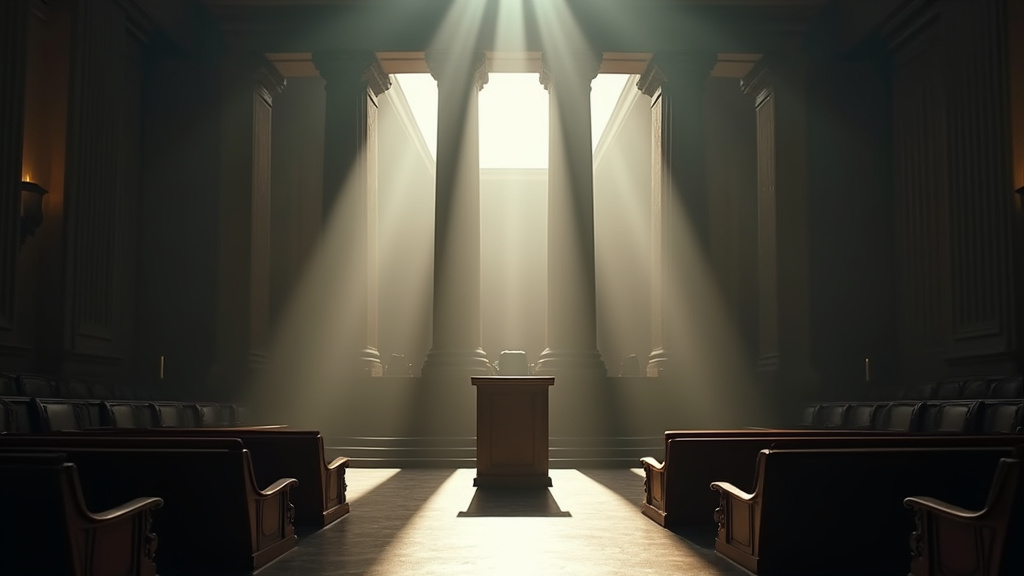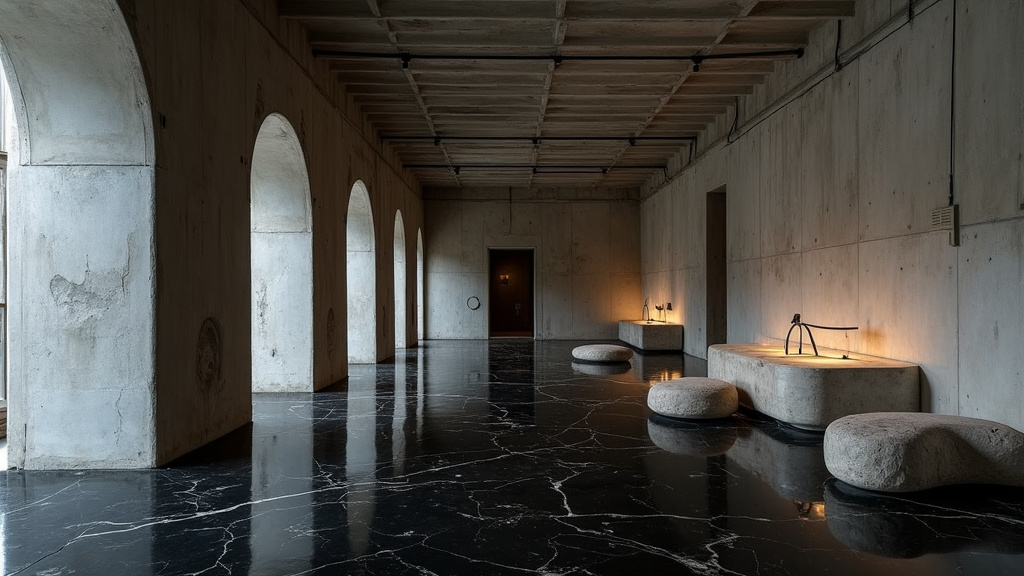Chicago is currently gripped by an intense fiscal and political debate centered on Mayor Johnson’s ambitious “Chicago Forward Investment Program.” This significant initiative, designed to address critical infrastructure needs across the city and stimulate economic growth through job creation, carries a hefty proposed price tag of $1.5 billion. However, the method proposed to fund this vital investment has become the focal point of widespread controversy and sharp disagreements within the City Council and among various civic and labor organizations.
At the heart of the dispute lies the program’s proposed funding structure. The Johnson administration plans to secure the $1.5 billion primarily through a bond issue, a common mechanism for municipalities to finance large-scale capital projects. Bond issues allow cities to borrow money against future revenue streams or taxing authority, spreading the cost of large investments over many years. While bonding itself is standard practice, the controversy stems from a linked proposal: a controversial 0.25% increase in the city’s sales tax. This sales tax hike is intended, at least in part, to help service the debt incurred by the bond issue or potentially free up other funds by generating a new dedicated revenue stream.
Proponents Argue for Essential Investment and Job Creation
Supporters of the “Chicago Forward” program, led by Mayor Johnson’s administration, champion the plan as a necessary and forward-thinking investment in the city’s future. They argue that decades of underinvestment have left Chicago’s vital infrastructure systems aging and in desperate need of modernization. The program is explicitly targeted at addressing these deficiencies, particularly in areas like the city’s transit network and its extensive water systems. Upgrading these foundational services is seen as crucial for maintaining Chicago’s economic competitiveness, improving the quality of life for residents, and ensuring the city can handle future growth and environmental challenges.
The program’s proponents also emphasize its potential economic benefits, most notably its projection for significant job creation. They contend that a $1.5 billion investment in large-scale construction and infrastructure projects will directly stimulate the local economy, providing employment opportunities for thousands of Chicagoans in various skilled trades and related industries. Organizations like the Chicago Federation of Labor have publicly voiced their strong support for “Chicago Forward,” highlighting the program’s potential to deliver well-paying jobs and apprenticeships, thereby benefiting working families across the city. For supporters, the long-term benefits of modern infrastructure and economic stimulus outweigh the immediate concerns about funding methods.
Opponents Raise Alarm Over Tax Burden and Debt Capacity
On the other side of the debate, a formidable coalition of opponents has emerged, expressing serious reservations about the program’s financial implications. Prominent voices against the current funding proposal include Alderman Smith, who has been vocal in raising concerns about the potential impact on city residents. Alderman Smith and others argue that a sales tax increase is a regressive form of taxation, disproportionately affecting lower-income families who spend a larger percentage of their income on taxable goods. They contend that adding a quarter-percent to the sales tax burden would place unnecessary financial strain on Chicagoans already struggling with the cost of living.
Fiscal watchdog groups, such as the influential Civic Federation, have also come out strongly against the proposal, focusing their criticism on the long-term debt implications. The Civic Federation has consistently monitored Chicago’s financial health and debt levels, which are already a significant concern. Their argument is that taking on an additional $1.5 billion in bond debt, coupled with the potential volatility or dedicated use of the sales tax revenue, could further strain the city’s financial capacity. They express concerns about the city’s ability to manage this increased debt load alongside existing financial obligations, potentially impacting future budgets and the city’s credit rating. Opponents generally argue that while infrastructure investment is necessary, the current proposal is fiscally irresponsible and places an unfair burden on residents and future generations.
Navigating the Political Process: City Council Hearings and Critical Vote Loom
The debate over the “Chicago Forward” program is not confined to public statements and editorial pages; it is currently playing out intensely within the Chicago City Council. City Council committee hearings are actively underway, providing a platform for the administration to present its case and for aldermen, experts, and the public to voice their support or opposition. These hearings involve detailed scrutiny of the program’s financials, its project specifics, and the potential consequences of the proposed funding mechanisms. The discussions are often heated, reflecting the significant stakes involved.
Local editorials have also taken varied stances, mirroring the divided opinions among the public and policymakers. Some editorials have lauded the program’s goals but questioned the funding strategy, while others have strongly supported the need for investment, even with a controversial tax component. This public and political discourse is building towards a pivotal moment. A critical vote is anticipated next week in the City Council. This vote will be the key determinant of the “Chicago Forward Investment Program’s” immediate future, deciding whether it moves forward as proposed, is sent back for revisions, or potentially stalls altogether. The outcome will have lasting implications for Chicago’s infrastructure, its economy, and the financial landscape for its residents and future generations.
As the city awaits this crucial decision, the debate over how to fund essential progress versus protecting residents from potential financial burdens continues to dominate discussions across Chicago.














